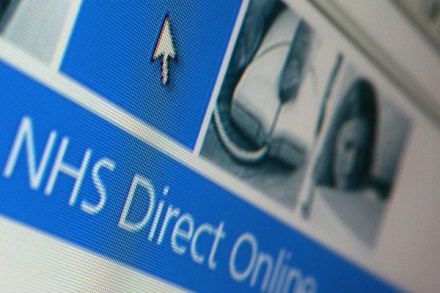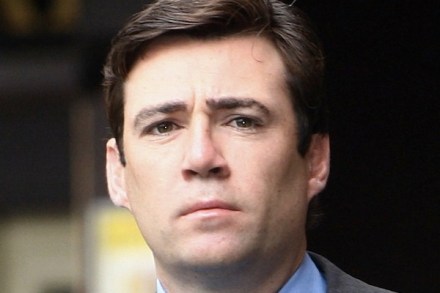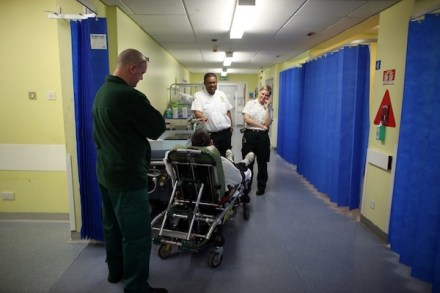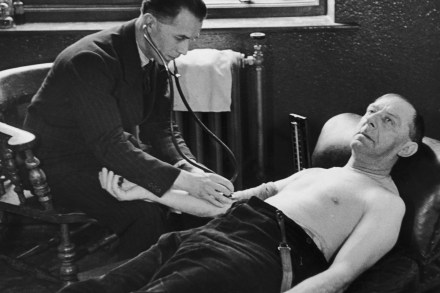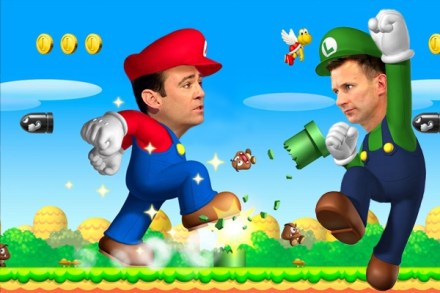The NHS must improve its approach to costing if the market is to work
News that one of the health service’s largest operators of the non-emergency 111 helpline is to pull out of the market will have raised very few eyebrows in the health sector. NHS Direct, which ran the telephone helpline that preceded 111, is on track to record a deficit of £26 million this financial year and, along with other providers, has attracted criticism for a host of operational and qualitative mishaps. NHS Direct’s unsustainability and 111’s myriad problems have been all too apparent. Like the service itself, the reasons for 111’s many failings are complex. What it does illustrate, however, is a more fundamental issue regarding the application of market principles to
